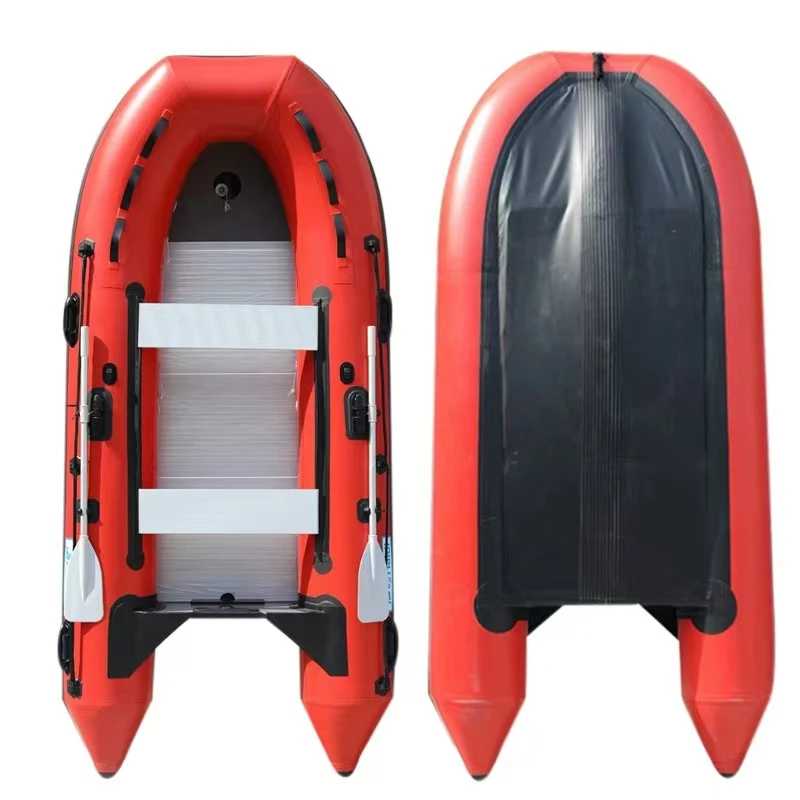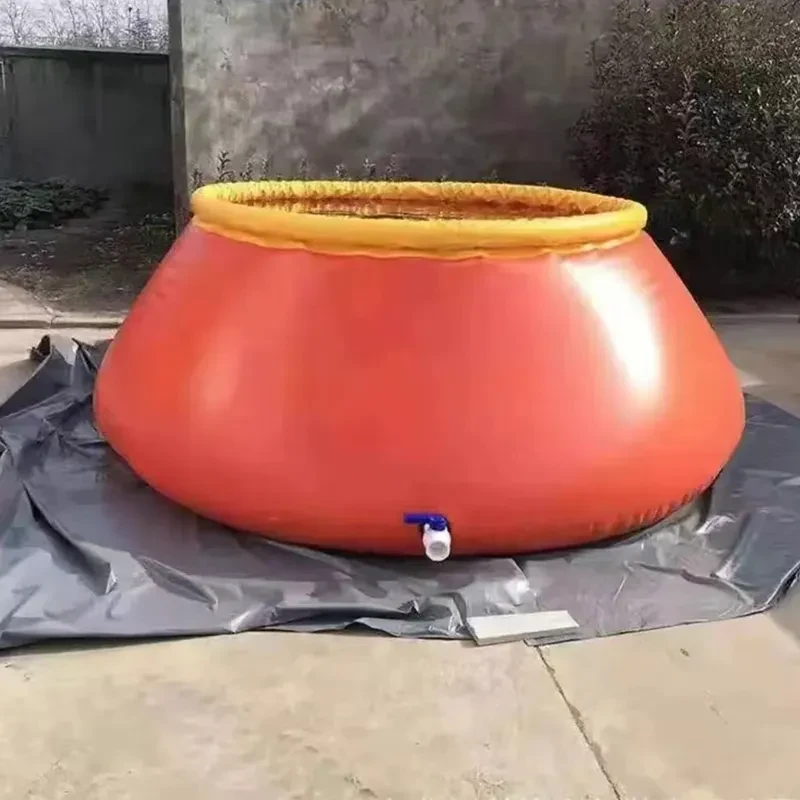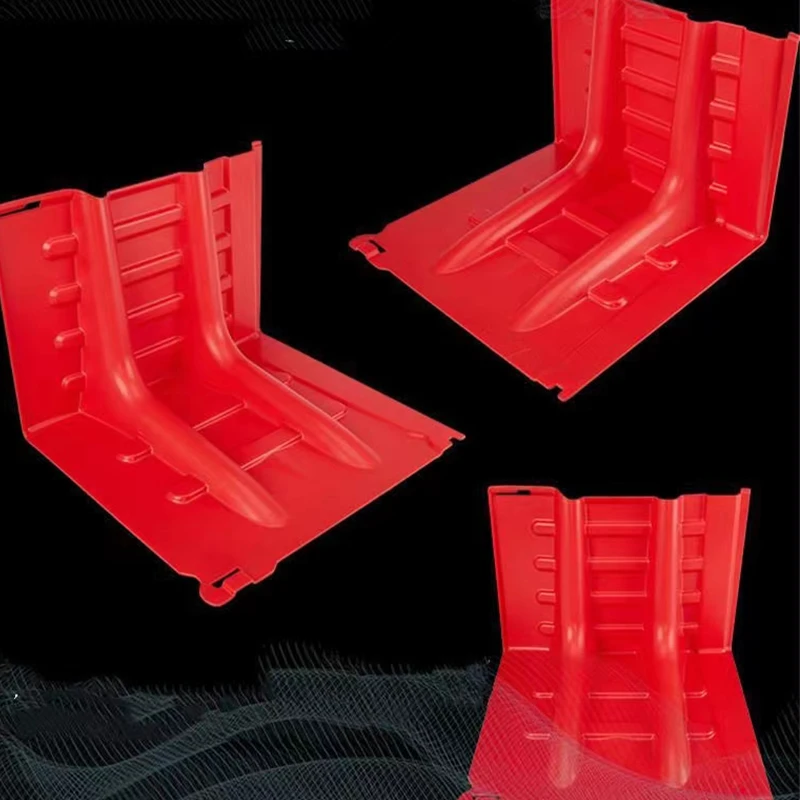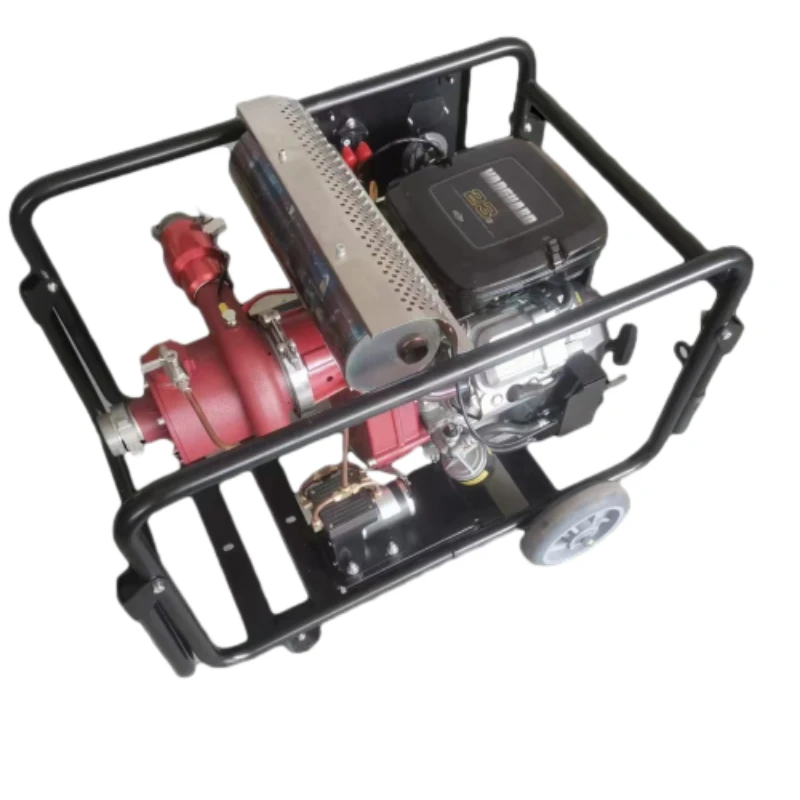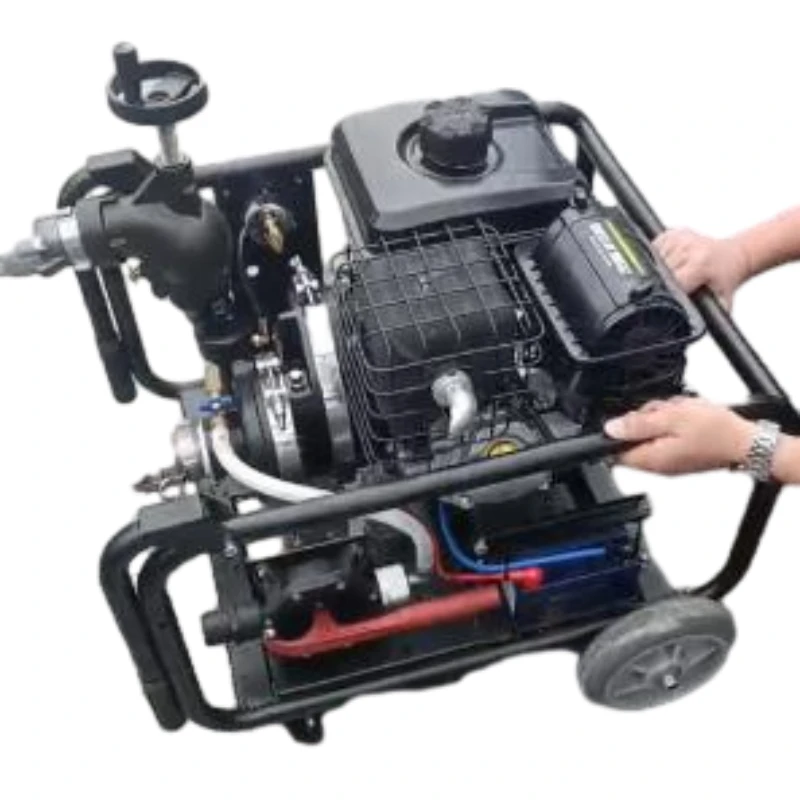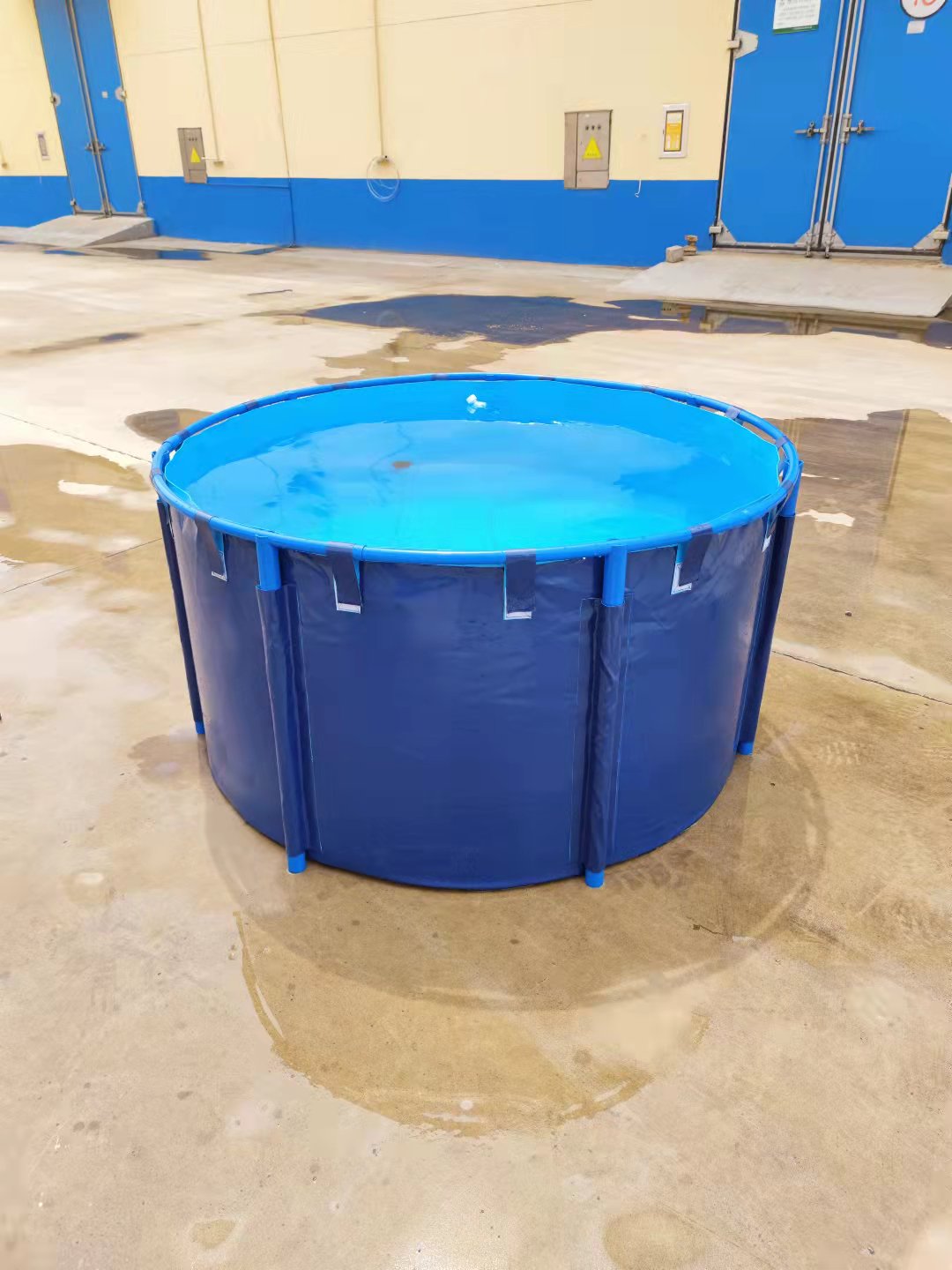Field Notes on the Ati Fire Hose: What Matters When the Heat Is On
I’ve walked more than a few factory floors and municipal depots where hose failures are not theoretical—they’re expensive. Based in No.118 Youyi Street, Xinhua Dist., Shijiazhuang City, Hebei Province, China, this model layers a polyester jacket over a conventional hose body, boosting compressive strength and abrasion resistance. Simple idea, executed well.
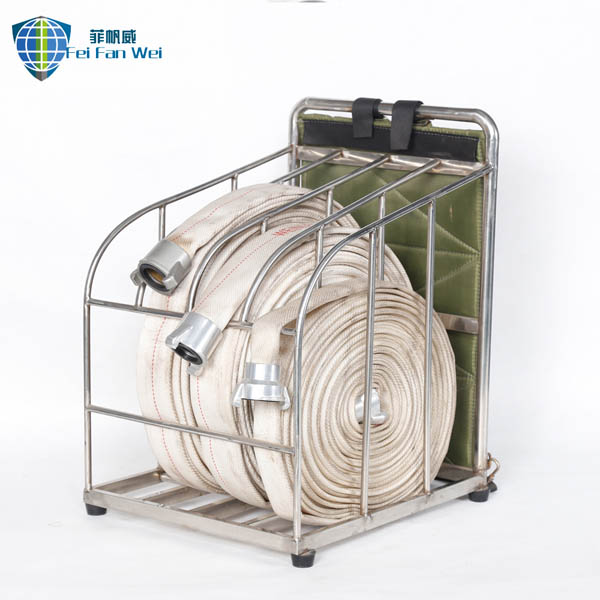
Industry trend check
Two things are clear: buyers want lighter layflat hoses that don’t scuff out in six months, and they want multi-media compatibility (water, foam, even some chemicals). Polyester-jacketed, rubber/PU-lined hoses like the Ati Fire Hose have quietly become the default in municipal and industrial response. Frankly, for good reason.
Construction and process flow (how it’s made)
- Materials: high-tenacity polyester jacket; lining options include natural rubber, synthetic rubber (e.g., NBR/EPDM), synthetic resin, or polyurethane.
- Methods: circular weaving of the jacket; extrusion or calendering of the liner; adhesion bonding; vulcanization or thermal set (depending on liner chemistry).
- Couplings: aluminum/brass/Storz as requested; swaged or expanded.
- Testing: proof pressure ≈ 1.5× working; burst test, kink resistance, adhesion peel, and abrasion cycles; dimensional and elongation checks.
- Standards reference: NFPA 1961, EN 14811, and GB 6246 (model variations validated to project spec; real-world use may vary).
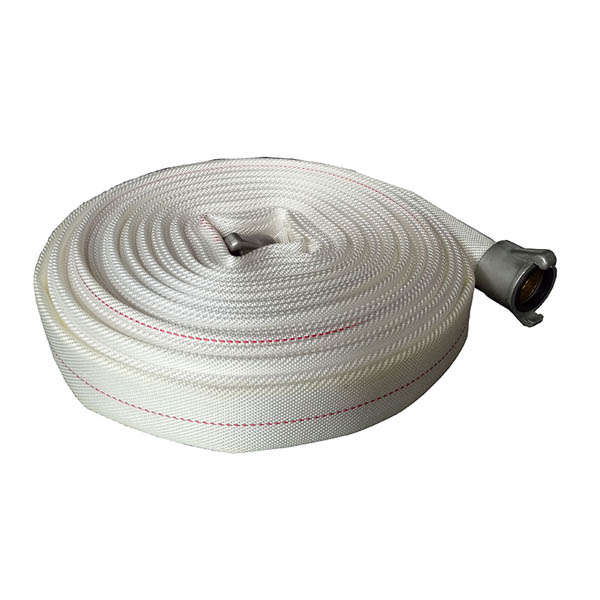
Typical specifications
| Size | Working Pressure | Burst Pressure | Jacket | Lining | Weight |
|---|---|---|---|---|---|
| 1.5 in (38 mm) | 1.3–1.6 MPa | ≥ 3.9 MPa | Polyester | NR/SBR/PU | ≈ 0.21 kg/m |
| 2.0 in (52 mm) | 1.3–1.6 MPa | ≥ 3.9 MPa | Polyester | EPDM/PU | ≈ 0.26 kg/m |
| 2.5 in (65 mm) | 1.3–1.6 MPa | ≥ 3.9 MPa | Polyester | EPDM/PU | ≈ 0.33 kg/m |
Data above from typical factory tests; exact values depend on lining, wall gauge, and coupling set.
Applications and performance in the field
Use cases: municipal fire brigades, petrochemical yards, steel mills, ports, aviation hydrant lines, and warehouse sprinklers. Temperature window usually −20°C to +80°C (PU liners appreciate that). Many customers say the Ati Fire Hose holds up better on rough concrete—less jacket fray after repeated drags.
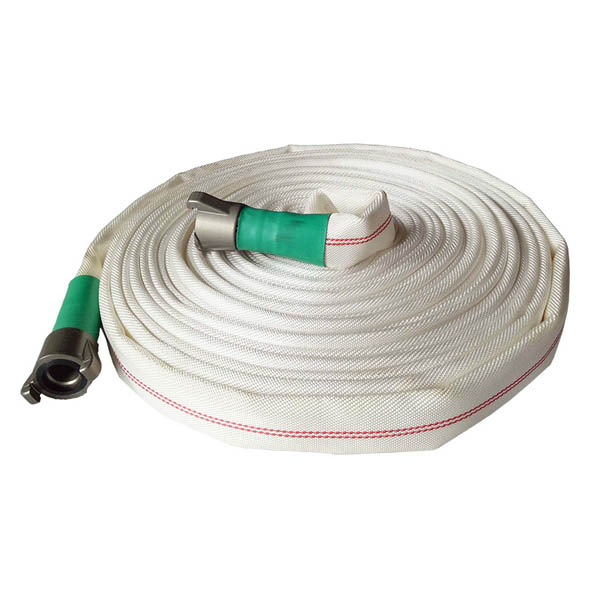
Vendor snapshot: how it stacks up
| Vendor/Model | Lining | Abrasion | Lead Time | Notes |
|---|---|---|---|---|
| Ati Fire Hose | NR/EPDM/PU (custom) | High (poly jacket) | ≈ 2–4 weeks | Good value; broad size range |
| Generic A (import) | EPDM | Medium | 6–8 weeks | Higher price, stable QC |
| Local B | NBR | Medium–High | ≈ 3 weeks | Limited coupling options |
Customization, service life, and testing
Customization: color trace lines, printed station codes, PU vs. EPDM liners (chemical vs. temperature priorities), and couplings pre-installed. With routine inspection, service life often runs 8–12 years; harsh petrochemical yards may be shorter. Proof and burst tests are logged per batch; customers sometimes ask for 100% hydrostatic proof—worth it for critical lines, to be honest.
Micro case notes
- Steel mill (North China): swapped out older canvas hoses; reported fewer jacket snags on slag roads after 6 months.
- ASEAN logistics park: PU-lined variant handled foam concentrate better; flushing protocol improved hose life.
Compliance and paperwork
Common buyer requirements include conformity to NFPA 1961, EN 14811, or GB 6246, plus factory QA documents (e.g., ISO 9001) and hydrostatic test sheets. If you spec Ati Fire Hose, request lining chemistry disclosure and witnessed proof tests—small steps, big peace of mind.
References:
- NFPA 1961: Standard on Fire Hose – National Fire Protection Association. https://www.nfpa.org
- EN 14811: Rubber and plastics hoses and hose assemblies for firefighting purposes – CEN. https://standards.cen.eu
- GB 6246: Fire hose – Standardization Administration of China. http://www.sac.gov.cn









